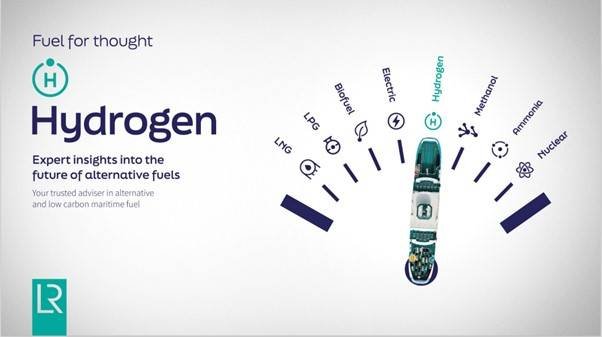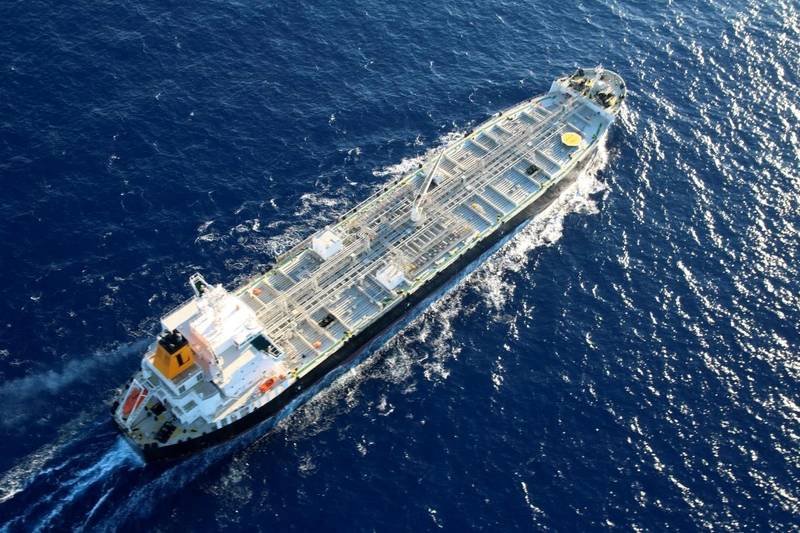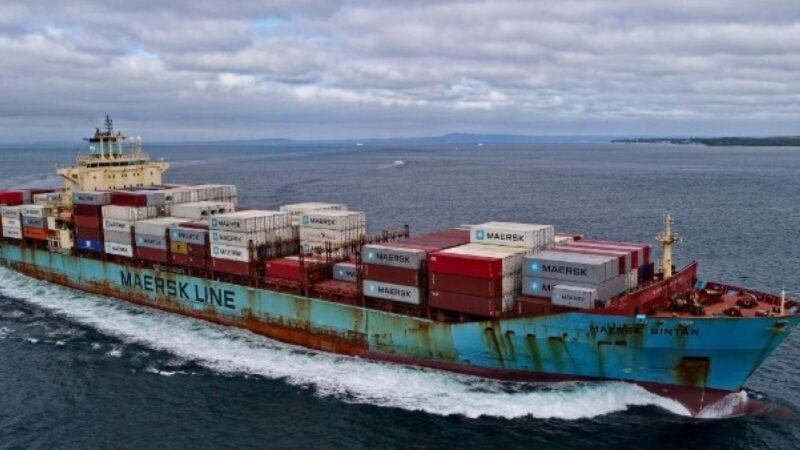Lloyd’s Register (LR) has recently published a report highlighting the need to rationalize alarms on ships in order to support crew welfare and mitigate the safety risks associated with alarm fatigue. To address this issue, LR, along with a group of partners, has established an industry task force to explore various approaches within the industry and evaluate their effectiveness in managing alarm systems. This initiative is being funded by the Danish Maritime Fund.
The report reveals that the digitalization of maritime operations has led to a significant increase in the number of bridge alarms on ships, with a 197% rise in alarms per hour while a vessel is at sea compared to two decades ago. The investigation also found a 70% increase in alarms in coastal waters and a 6% increase in confined waters over the same period. Data for the report was collected from 65 watchkeeping officers on 15 ships operated by 10 different companies, providing insights into the impact of alarms on their work.
The excessive number of alarms on board ships can lead to alarm fatigue among crew members, impacting their operational awareness and performance. The study emphasizes the importance of justifying the necessity of alarms, as there are currently no regulatory requirements mandating the validation of safety claims made by alarms. LR’s Global Head of Technology, Electrotechnical Systems, and Digitalization, Duncan Duffy, underlines the need for coordinated alarm requirements on ships to avoid confusion and prevent potential incidents. This comprehensive study marks a significant step towards addressing these challenges in the maritime industry.


















